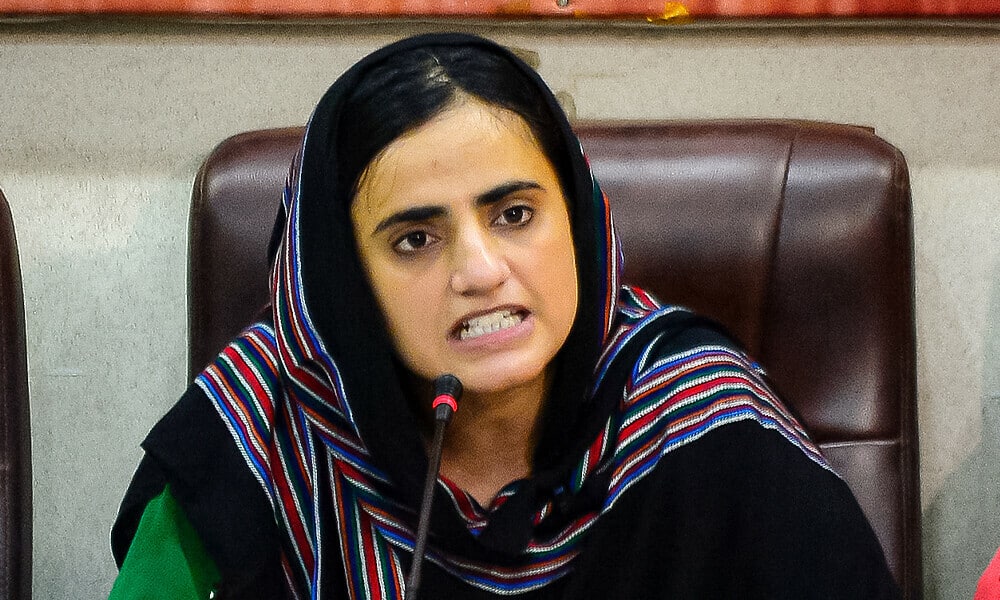QUETTA: There are several questions are increasingly being raised over the agenda of the Baloch Yakjehti Committee (BYC) that truly revolves around the concerns of the people and whether its struggle can be described as peaceful. Whereas, the group has presented itself as a platform for showing public grievances, critics argue that its approach often appears confrontational rather than constructive.
One notable example often cited is when a provincial minister personally went to meet Mahtab Baloch (commonly known as Mahrang Baloch), but instead of engaging in dialogue, the meeting ended abruptly after what was described as an unpleasant exchange.
The provincial minister’s outreach was met with a dismissive attitude, leading to speculation that BYC leadership may not be genuinely interested in finding practical solutions.
Furthermore, this has given rise to a broader debate: are there genuine issues at hand, or is the portrayal of grievances being amplified to sustain the committee’s presence and political relevance?
Some civil society members argue that while legitimate concerns of the people must be acknowledged, the manner in which they are raised is equally important.
Moreover, the supporters of dialogue believe that peaceful engagement with government institutions is the only way to achieve long-term solutions.
They argue that movements that reject communication risk alienating the very people they claim to represent.
Also Read: Babar Yousafzai dismisses missing persons claims as political stunt of BYC
Meanwhile, the situation evolves, the central question remains whether the Baloch Yakjehti Committee will choose a path of meaningful dialogue or continue with a strategy that critics view as confrontational.





